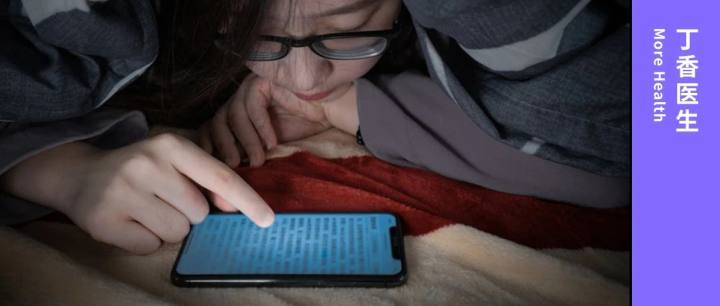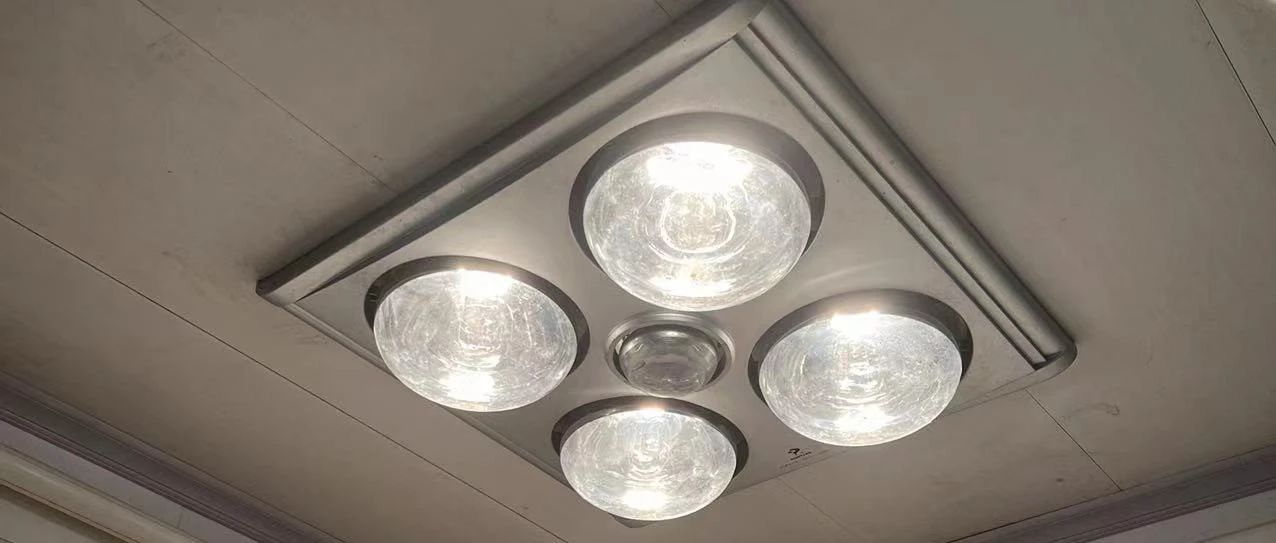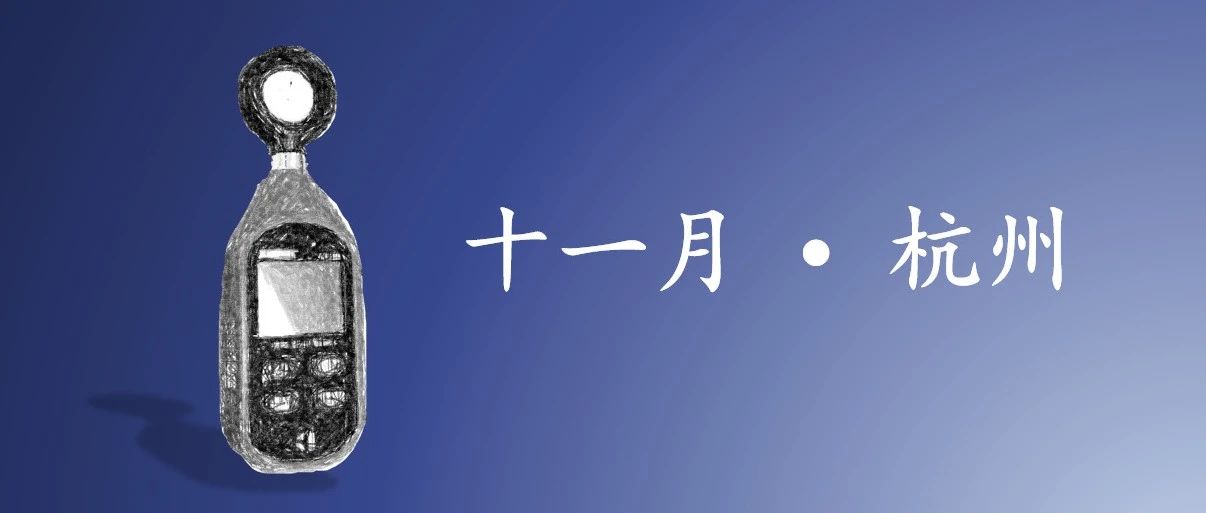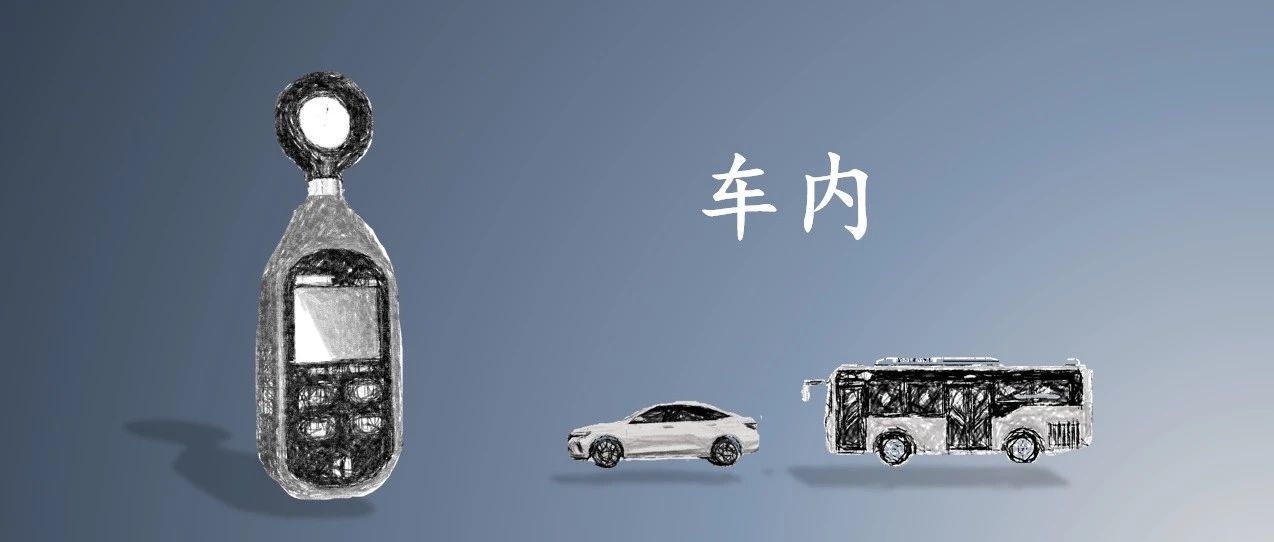 丁香医生审稿专业委员会同行评议通过
丁香医生审稿专业委员会同行评议通过别再躲太阳了,这可是不花钱的「补药」!








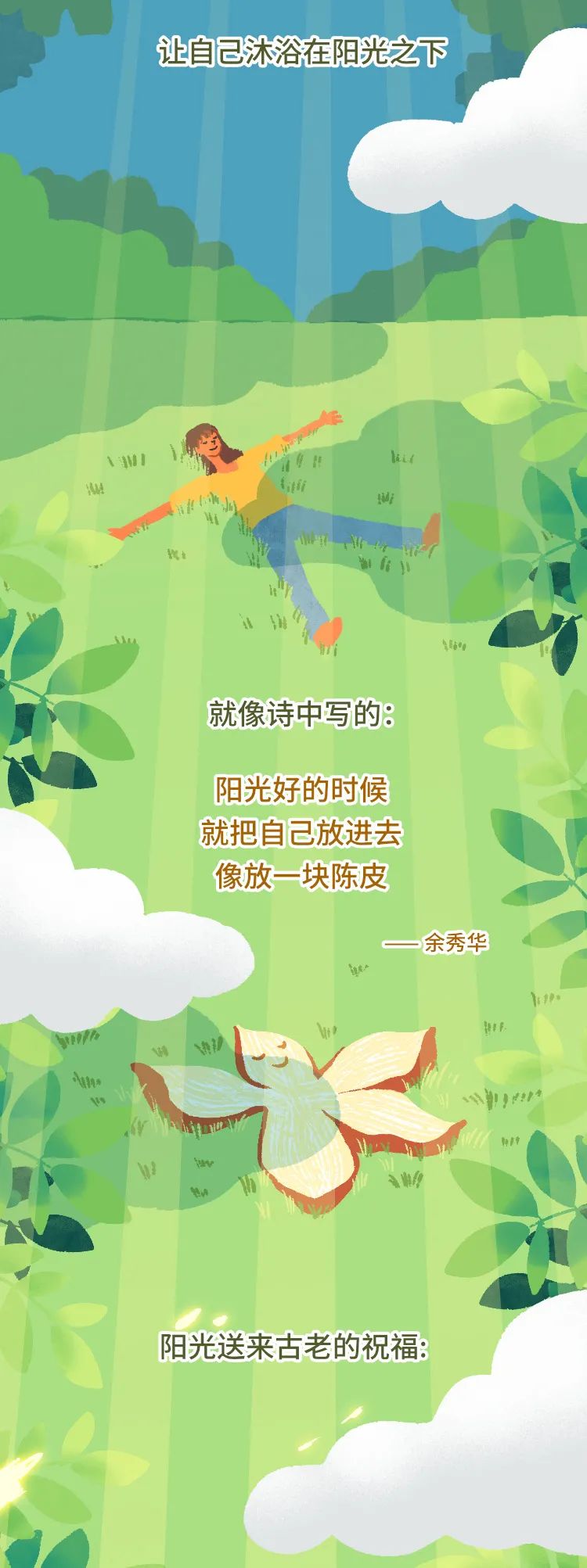

关于阳光的小知识:
1. 普通的室内照明无法代替阳光
在北欧,由于冬季光照严重不足,季节性抑郁高发,一些公共场所特地安装了强光灯,帮大家「补光」。
那呆在缺乏阳光的室内,打开顶灯、壁灯、射灯,能代替晒太阳吗?
遗憾的是很难。首先,亮度差距太大了,晴天室外的照度是 100000 lux,阴天也有 1000~10000 lux。而居家照明的配光,则只有 100 到 500 lux,这个强度还不足以发挥作用。
2. 阳光虽好,但也要科学晒太阳
日光中较强的紫外线可能造成皮肤晒黑、晒伤,也能够对眼睛造成损伤。在紫外线强度较高的户外时,记得涂防晒霜,并选择具有防紫外线功能的眼镜、利用阴凉处保护眼睛,避免直视太阳——即使是这样,也足以让阳光发挥调节节律、改善情绪的作用。
晒太阳能补充维生素 D,但每天需要在较强的日光中暴露四肢 15~20 分钟,才能靠晒太阳补充够一天的量。因此,大多数成年人仍然需要额外补充。
3. 即使阴天,出去走走也有帮助
即便是阴天,室外的光照度一般也超过室内,去户外走走也不错。部分研究显示,没有太阳的时候,蒸桑拿、泡热水澡和进行运动能带来一定的情绪改善。
光疗干预是季节性情绪失调的重要疗法之一,却不一定适合所有人,其对非季节性抑郁的作用有一定证据,但还不太充分。如果你已经有了某些精神、心理疾患,使用光疗请遵医嘱。
走~晒太阳去
本文审核专家 邓潇斐 中国科学院心理研究所博士
策划:Deanna,ZYing | 监制:Feidi
插画:七白 | 封面图来源:七白
参考文献:
[1]Beecher M E, Eggett D, Erekson D, et al. Sunshine on my shoulders: Weather, pollution, and emotional distress[J]. Journal of affective disorders, 2016, 205: 234-238.
[2]Blume C, Garbazza C, Spitschan M. Effects of light on human circadian rhythms, sleep and mood[J]. Somnologie, 2019, 23(3): 147-156.
[3]李芸, 汝涛涛, 李丝雨, 等. 环境光照对情绪的影响及其作用机制[J]. 心理科学进展, 2022, 30(2): 389.
[4]Oldham M A, Ciraulo D A. Bright light therapy for depression: a review of its effects on chronobiology and the autonomic nervous system[J]. Chronobiology international, 2014, 31(3): 305-319.
[5]Al-Karawi D, Jubair L. Bright light therapy for nonseasonal depression: meta-analysis of clinical trials[J]. Journal of affective disorders, 2016, 198: 64-71.
[6]Wang R, Liu Y, Xue D, et al. Cross-sectional associations between long-term exposure to particulate matter and depression in China: The mediating effects of sunlight, physical activity, and neighborly reciprocity[J]. Journal of Affective Disorders, 2019, 249: 8-14.
[7]Naumann J, Grebe J, Kaifel S, et al. Effects of hyperthermic baths on depression, sleep and heart rate variability in patients with depressive disorder: a randomized clinical pilot trial[J]. BMC complementary and alternative medicine, 2017, 17(1): 1-9.
[8]Naumann J, Kruza I, Denkel L, et al. Effects and feasibility of hyperthermic baths in comparison to exercise as add-on treatment to usual care in depression: a randomised, controlled pilot study[J]. BMC psychiatry, 2020, 20(1): 1-13.
相关文章
